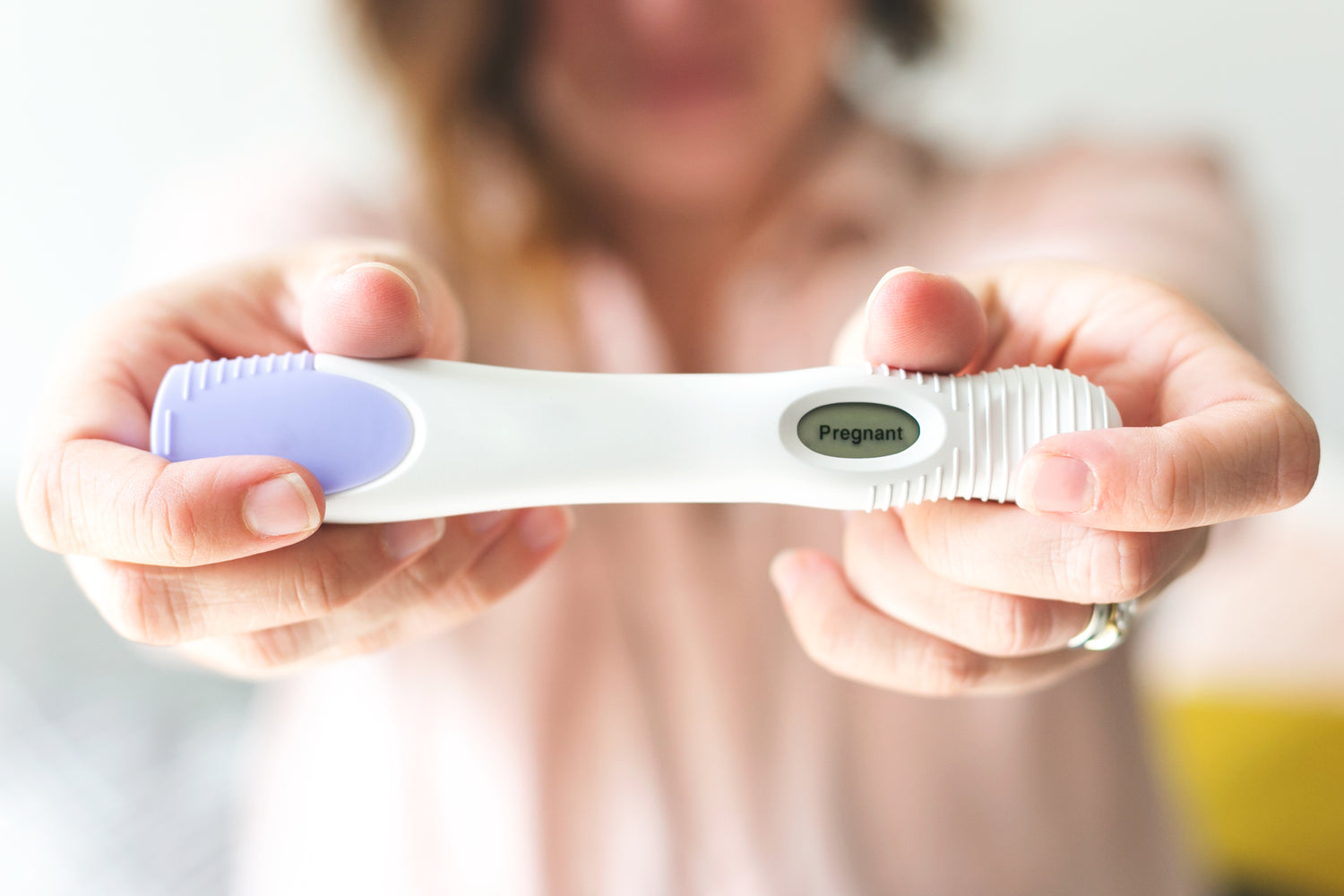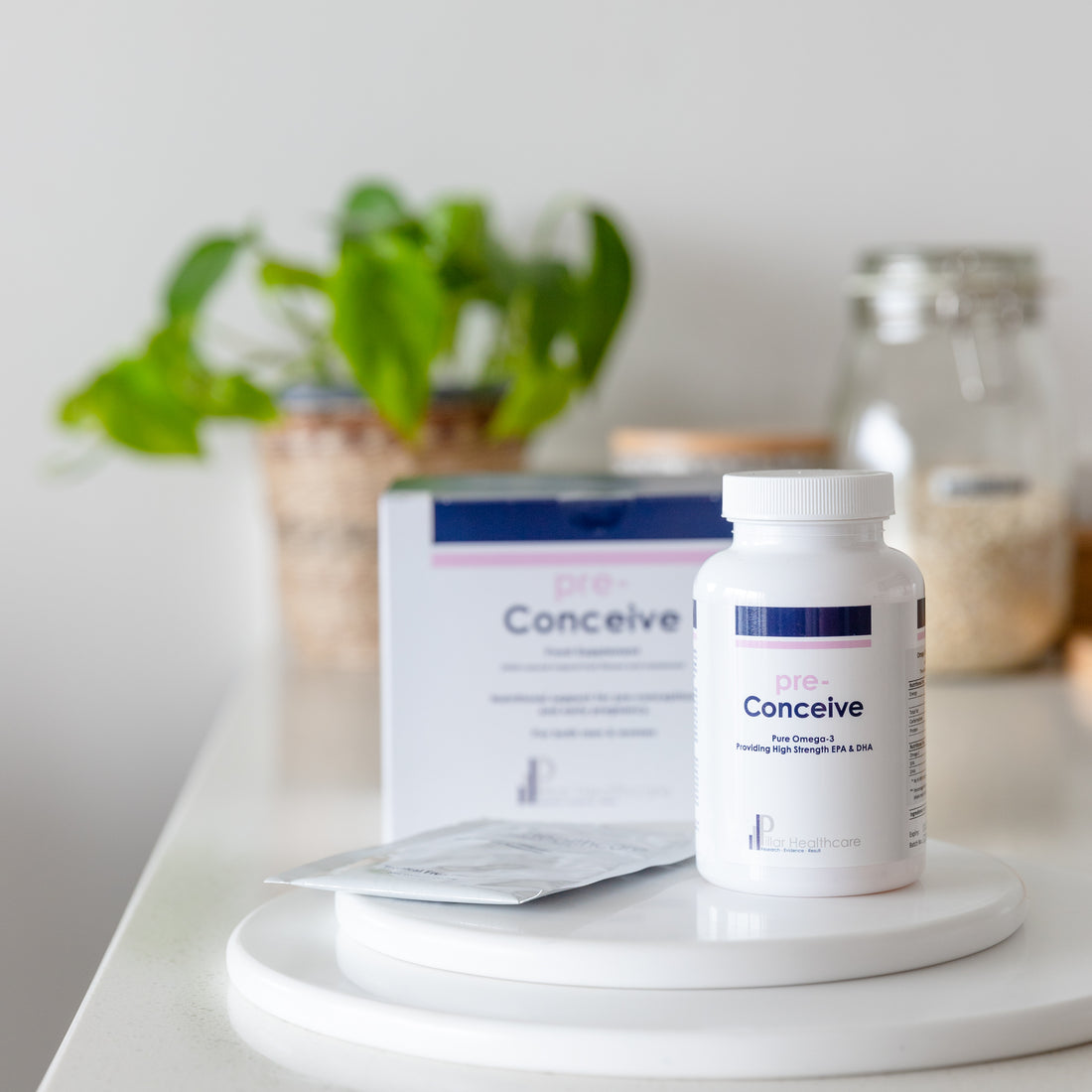Know Your Cycle
Understanding the timing of ovulation is essential for those trying to conceive, as it identifies the most fertile days in the menstrual cycle, significantly increasing the chances of pregnancy. Ovulation marks the release of an egg from the ovary, and since sperm can survive for up to five days in the reproductive tract, timing intercourse around this window maximises the likelihood of fertilisation. Tracking ovulation can also help detect irregularities in menstrual cycles, which may indicate underlying health issues affecting fertility. Additionally, recognising ovulation patterns allows couples to plan conception more effectively, reducing stress and uncertainty during the process.
Ovulation Calculator

Our Clinical Trial & Ovulation
In our clinical examination of pre-Conceive, our unique formula was shown to support the hormonal profile of the participants. Improving the hormonal profile helps enhance ovulation by ensuring the proper balance and regulation of key reproductive hormones, which are essential for a healthy menstrual cycle. Hormones such as follicle-stimulating hormone (FSH) and luteinising hormone (LH) regulate the growth and release of eggs, while oestrogen and progesterone help prepare the uterine lining for implantation. When these hormones are balanced, the ovaries can effectively develop and release a mature egg during ovulation. Conversely, hormonal imbalances, such as excessive androgens in conditions like polycystic ovary syndrome (PCOS) or low progesterone levels, can disrupt ovulation or lead to irregular cycles. By optimising hormone levels through pre-Conceive, ovulation can become more predictable, increasing the chances of conception.






